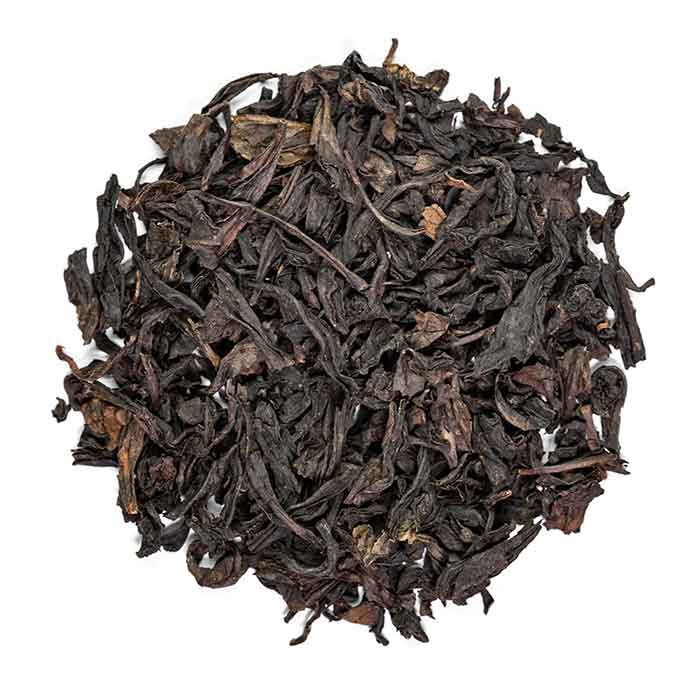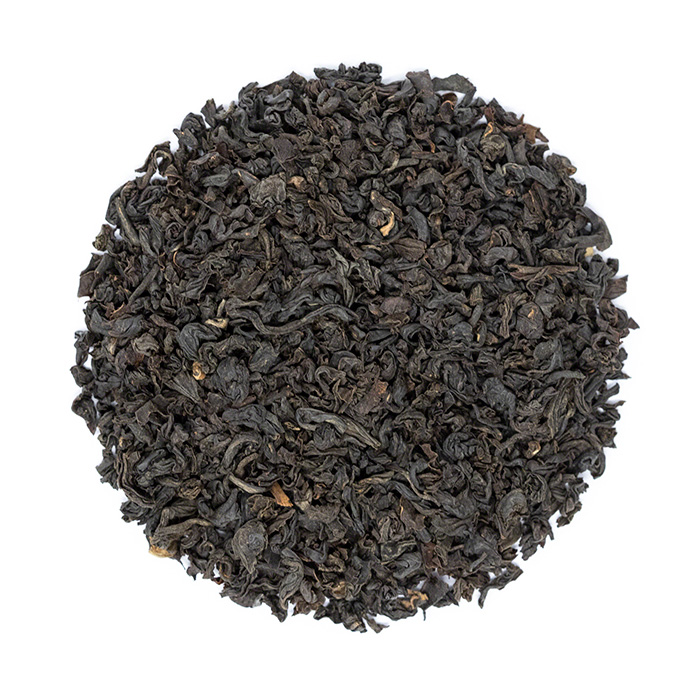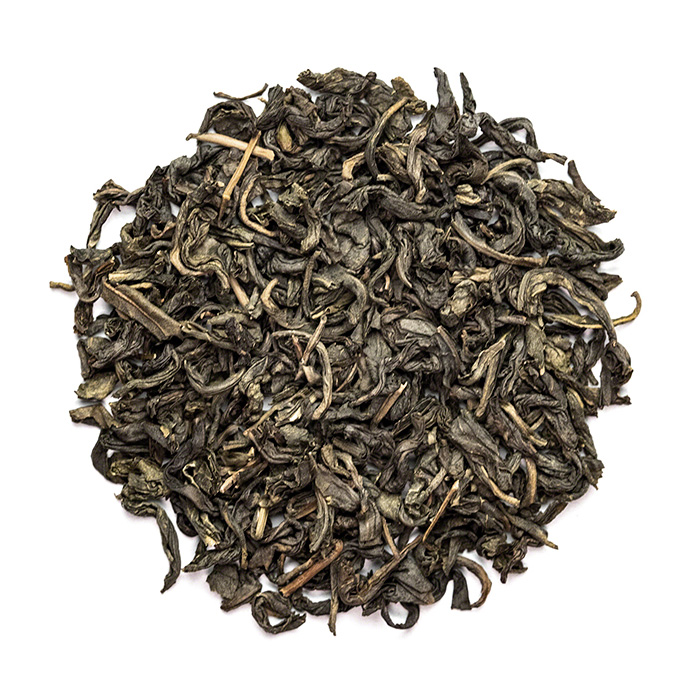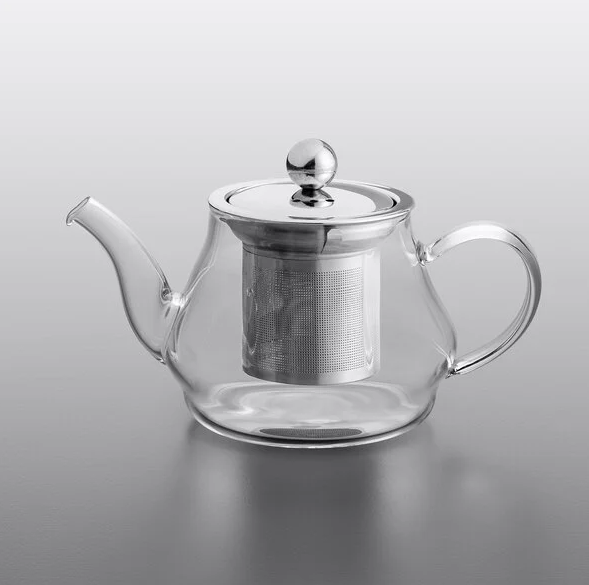Best Tea and Chocolate Pairings
This post may contain affiliate links. Simple Loose Leaf is a participant in the Amazon Associates Program, an affiliate advertising program designed to provide a means for sites to earn advertising fees by linking to Amazon.com. Could there be a better dessert than a creamy rich chocolate paired with delicious tea? Yes, tea and chocolate are a match made in heaven. To get the best experience it’s important to pair them well. Some tea flavors match the sweetness of pure milk chocolate perfectly, while the others are great for balancing the bitterness of cocoa delights. Find out how to pair tea with chocolate.
Why does chocolate pair so well with tea?
Tea, coffee, wine and chocolate share a lot of similarities – they can both be great, and well – not so great. There are thousands of flavors, strengths, aromas and scents, and they all depend on the terroir and processing methods. If you decide to eat chocolate while sipping a cup of your favorite tea, you will notice how the flavors can change. Suddenly your tea can have a completely different taste. The purpose of tea and chocolate pairings is to get the best possible flavors out of both of them. To enhance them and enjoy a whole new tasting experience. For very sweet chocolate, avoid adding sweeteners to your tea.Best teas for milk chocolate
Milk chocolate is the most popular type of chocolate in the world. It’s made from cocoa bean, milk, sugar and cocoa butter. Milk chocolate can come im many flavors, with more or less sweetness. Teas that match milk chocolate the best are usually the rich and creamy black tea types, blends with spices and fruits that have only a light astringency and some natural sweetness. Usually, teas that go well with milk will go well with milk chocolate too. English Breakfast, Earl Grey or Chai are perfect pairs.Chai tea
Warming spicy and rich chai tea is a perfect match for rich milk chocolate. Add more or less sugar depending on how sweet your chocolate is. For an extra delight, chose Chocolate Chai.Earl grey
Earl grey tea with natural bergamot oil pairs milk chocolate exceptionally well. Drink it without milk.English breakfast
The ultimate breakfast tea is strong, malty and rich. Some types can have a strong natural cocoa note, which makes them a great pair for milk chocolate.Sencha green tea
Japanese sencha is strong, lightly astringent, fresh and vegetal. Although this flavor may not look like a good match for chocolate, they actually are. Pair it will less sweet milk chocolate. This pair will bring out the unique sweet aftertaste of sencha.Darjeeling black tea
The champagne of all teas pairs very well with milk chocolate too. Don’t overbrew it, use a bit cooler water and pair with high quality milk chocolate with a good balance of sweetness and cocoa.Best teas for dark chocolate
Because of the high cocoa percentage, dark chocolate is the highest in theobromine and caffeine. It’s intense, sometimes even too bitter for milk chocolate lovers. It’s pairs great with strong smokey teas, Earl Grey with citrusy notes, mint and ginger herbal blends and dark roasted oolongs.Red Robe oolong
For some serious dark chocolate tea pairing, try the most popular rock tea. This dark and rich oolong is light enough not to overwhelm the taste buds when paired with intense 80+% pure dark chocolate.
Red Robe oolong tea from Fujian
Pu’erh
Deep and rich pu’erh pairs perfectly with dark rich chocolate. Pu’er has no bitterness, a lot of earthiness and very light sweetness.Ceylon Black Tea
Some Sri Lankan black teas such as Super Pekoe pair the bitterness of dark chocolate very well. They are more fresh and more light than Assam teas, often with a floral note. Pair it with dark chocolate with fruits, such as oranges or dates.
Super Pekoe Ceylon black tea
Mint tea
Mint is the ultimate herbal tea for drinking with almost any dark chocolate. Refreshing, sweet and balancing the bitterness of dark chocolate perfectly.Earl grey
Stronger Earl Grey blends with pronounced tea base scented with natural bergamot essential oil pair well with dark chocolate too.Best teas for white chocolate
White chocolate is made of milk, sugar and cocoa butter. Unlike milk or dark chocolate, it doesn’t contain caffeine or theobromine, a compound with many beneficial properties. White chocolate can be very sweet and is never bitter. The best tea pairs are teas that have some astringency, malty and hay notes, spices or rich flowery notes or roasted flavor. Less sweet white chocolate can be a good match for lighter green teas, such as Dragon well and white Pai Mu Tan. Sweeter types go well with a stronger Jasmine green tea or Chunmee tea. Matcha is another great pair for white chocolate. Drink tea without sugar and milk.Masala Chai
Regular or herbal masala chai with a strong earthy rooibos base are a great match for sweet white chocolate. Choose blends with more intense spices.Jasmine green
Strong green tea and intense Jasmine green or Jasmine pearls with a dose of astringency, mouth drying feeling and a lot of flavor are a perfect match for sweetness of the chocolate. This tea is great for making white chocolate latte too.
Downy Jasmine Needle green tea
Hojicha
Dark roast hojicha tea is strong, with intense roasted notes, can be astringent, but it’s very light too. It’s a great pair for sweet pure white chocolate or white chocolate with nuts.Pai mu tan
Sweetness, light hay and fruity notes and airiness make this white tea a great pairing with white chocolate. Strong, fruity and sweet enough to match and enhance the flavor.Lightly to medium roasted oolong tea
Lightly roasted oolongs with a slightly sweet, slightly nutty and slightly toasted notes pair great with white chocolate.What about flavored teas?
You can pair flavored tea with chocolate too. However, pay an extra attention to flavors. The best would be to pair flavored tea with pure chocolate, or to match the top flavors while matching the character of the base with the type of chocolate. For example, you could pair Ginger Peach black tea with dark chocolate with ginger pieces.Disclaimer: This article is for informational purposes only. It’s not intended to replace medical advice, diagnosis or treatment. Every person is different and may react to different herbs and teas differently. Never use teas or herbs to treat serious medical conditions on your own. Always seek professional medical advice before choosing home remedies.
More from:
SLL




Leave a comment